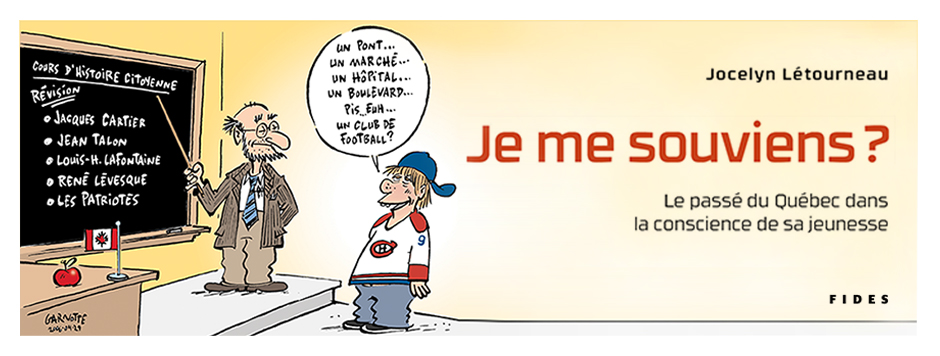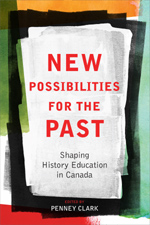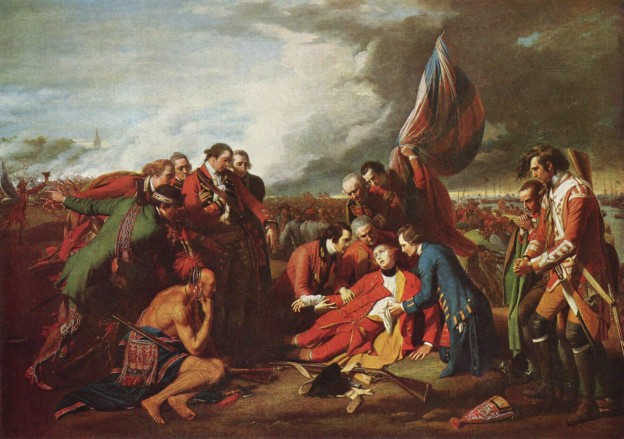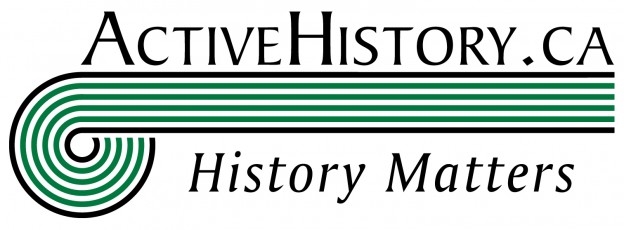“the museum experience is shaped by the exhibition content but is “identity-driven” (Anderson & Gosselin, 2008; Dicks, 2000; Falk, 2009; Leinhardt & Knutson, 2004; Robert, 1997; Rounds, 2006; Smith, 2006). The specific contribution of historical exhibitions to the visitor’s identity could be viewed as providing additional material (new images, new stories, new references) to build their own personal histories in relation to and through larger collective narratives. This idea finds resonance with the hypothesis of historian and lead researcher of the Canadians and their Past, Jocelyn Letourneau. The essence of his argument is that Canadians’ interest and engagement with the collective past finds its prime motivation in the construction of self-identity and that for this reason, individuals tend to project their personal narrative and historicity into the larger historical picture, rather than the opposite (Letourneau, 2009).”
Dans: Work citing us








